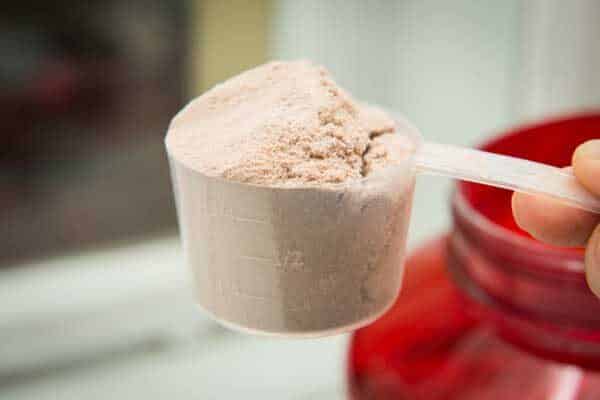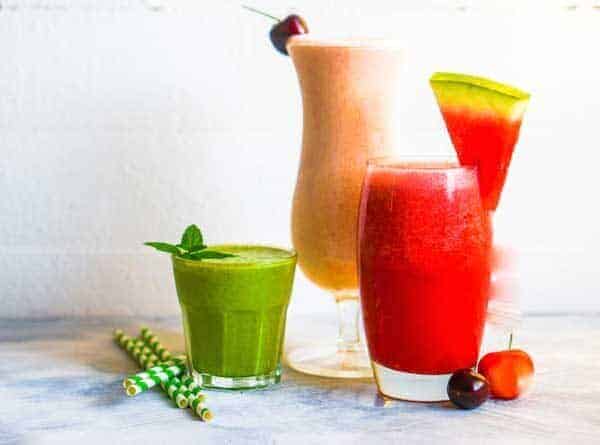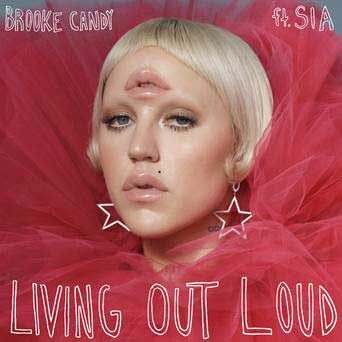You are on the run and don’t have time for a meal, want to lose some weight, or bulking up for workouts.
Protein shakes might seem like a good alternative but keep in mind, not all protein shakes are equally nutritional. Reading the labels is the first step in determining what individual shakes are designed for and what will work best for you.
Nutritional Value:
If you want to replace a meal because of your busy lifestyle, the nutritional balance should be an important consideration. A normal, healthy meal contains protein, carbohydrates, good fats, and enough calories to keep you full for several hours. A good shake should also have these elements for overall good health.
Replacement shakes will not necessarily provide you with the same level of nutrients as a normal meal. Your average shake includes water mixed with a protein powder giving your approximately 180 calories, 7.5 grams of fat, 20 grams of protein, 8 grams of carbs, and 3 grams of fiber. Healthy meals will have 400 calories or more consisting of good levels of protein, carbs, and fiber.

For Weight Loss:
Diet Shakes can help you lose some weight as they have fewer calories than a normal meal but should only be consumed on an occasional basis. Studies have shown participants who used high protein meal replacements for a low-calorie diet lost more weight than those who followed a standard diet. Nutritionist all believe replacement shakes can aid in weight loss but you should not replace all your meals. These shakes cannot provide all your nutritional needs over a long period of time or on a daily basis without including two normal meals.
Keep Healthy Alternatives In Mind:
If you are reducing your intake of calories to lose weight or exercising to burn off calories, these shakes are not particularly healthy. Protein shakes have fewer nutrients than a meal and can leave feelings of hunger than a meal would. Another downside, once you have achieved your ideal weight and returned to full meals, you can put the weight back on rather quickly. Protein shakes are not sustainable over a long period of time and may not aid you in feeling full for any length of time during the day.

Before Choosing A Protein Shake:
Just like any diet you might consider, you should run it past your doctor or a qualified nutritionist. You should keep in mind, if you have any health issues, these shakes could lead to added health risks.
Once given the green light, it is highly advisable you incorporate healthy, fresh fruit or vegetables along with your shake. You may also consume a small serving of whole grains if you prefer. By all measures, stay away from protein shakes that are loaded with sugar! Sugar will always make you feel hungry and could cause you to gain weight vs experiencing a weight loss.
In Conclusion:
Always read the labels on different protein shakes before making a decision. Just because it might be a shake that you are familiar with, through advertising venues, does not mean it’s a good choice. If you have questions about the ingredients, talk to your doctor or nutritionist to get the run down. There are many places online where you can read up on ingredients included in shakes and discover what’s healthy and what can cause health risks.

About the Author
Oleg Kovalenko — 25 years old Ukrainian Blogger and Traveller.










